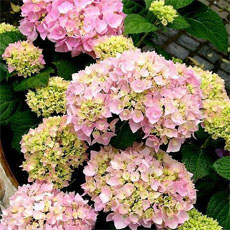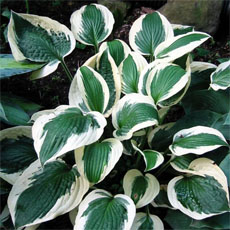Iris Borer Moth
Macronoctuaonusta
Order
Family
Genus
Species
Regional
This bug has been reportedly found in the following regions:
Anamosa, Iowa
Lawler, Iowa
Belleville, Michigan
Minnetonka, Minnesota
Spicer, Minnesota
Montclair, New Jersey
Verona, New Jersey
Himrod, New York
Columbus, Ohio
West Chester, Pennsylvania
New Berlin, Wisconsin
show allFeatured Videos
Gardener's Notes:
Sort By:
t
themikesmom
Concord, NC |
October 2012 |
Negative
I've never had iris borers thank goodness..and would imagine they would thrive in the Southeast as it doesnt get the snow and constant below freezing winter temperatures. So if you are in zone 7 or above i would imagine they would be tough to eradicate in constant humidity. Although ive never had borers, I have had leaf spot and that is even harder to get rid of without the use of toxic fungacides that id prefer to never use. I would imagine as long as your bulbs dont get 'wet feet' and are in well aeriated non-soggy soil, than borers would not invade such plants, unless they are damp, weakened or diseased plants, which are much more succeptable.
C
Conquered_MS
Preston, MD |
June 2010 |
Neutral
Knock on wood, we don't seem to have a problem with this pest, but now that we have more than 250 irises, I fear the scent may attract them from somewhere else. Thus we operate a bug zapper light near our iris patch, to hopefully zap any that may decide to investigate our patch before they can do any damage. Has anyone tried a bug zapper for iris borer moths, and did it help?
Also, does anyone have a link to information on the life cycle of the iris borer?
Also, does anyone have a link to information on the life cycle of the iris borer?
m
momstherapy
Lawler, IA |
August 2009 |
Negative
This pest totally wiped out my iris. Tried (and failed) spraying in the spring, pinching the larva while in the leaf and digging up and throwing away infected rhizomes. My only advice is: really examine plants/rhizomes you get from friends. Sometimes you get more than just the plants.




















































